Garden TVs - how to choose the best outdoor TV and where to place one to have the ultimate summer
Garden TVs allow you to create an alfresco home theater, meaning you can watch Netflix while grilling your barbecue. Here's everything you need to know.
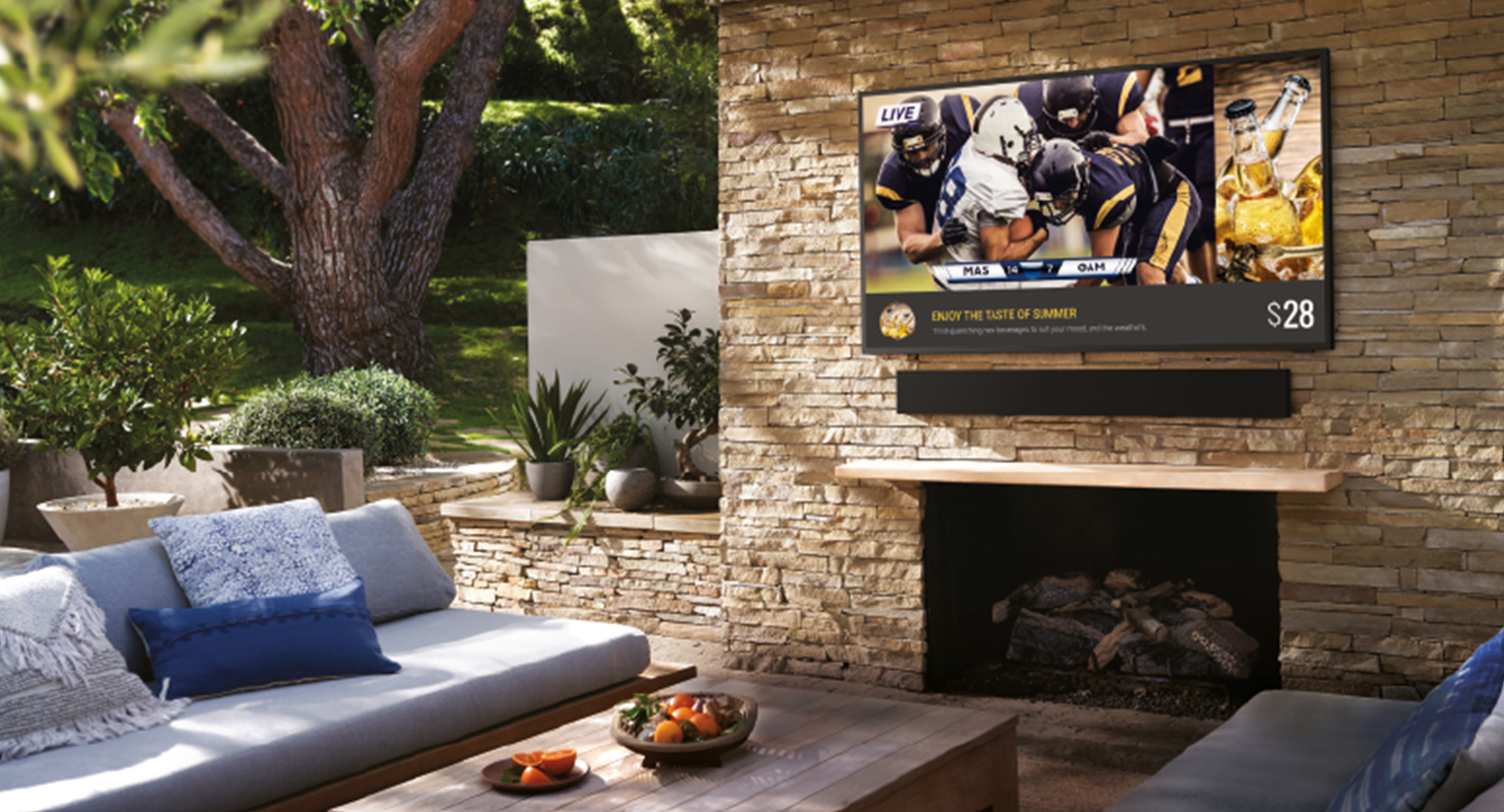
A garden TV is the ultimate in outdoor entertaining spaces. Perhaps your decking is looking dapper, your weatherproof sofa looking plump, and your outdoor kitchen is taking shape. The natural addition to your garden setup is to add the best outdoor TV screen so you can bring movie night outdoors and transform your entertaining space.
The latest weatherproof TVs for the garden come in a range of sizes and price points, and many of the best TV brands now do them. Sleek and stylish in design, the latest garden TVs are easier to fit and install than you may imagine. No longer just for pub gardens and the rooftop bar area at 5-star hotels, the best outdoor TVs are becoming increasingly popular in domestic garden setups. With the right planning and installation, they can add the wow factor to your patio area and make al-fresco entertaining with friends and family even more fun.
To discover the essentials when installing a TV in an outdoor area, we asked the experts to share their top tips with us here at Livingetc. We chatted to Greg Howarth from home technology company GLO - a company that specializes in customized design to product selection and seamless integration. We also asked William Utley of Proofvision - the designers and manufacturers of waterproof TVs - to share his expertise on fitting and finishing your garden entertaining area with an outdoor TV.
Garden TVs - how to plan and install
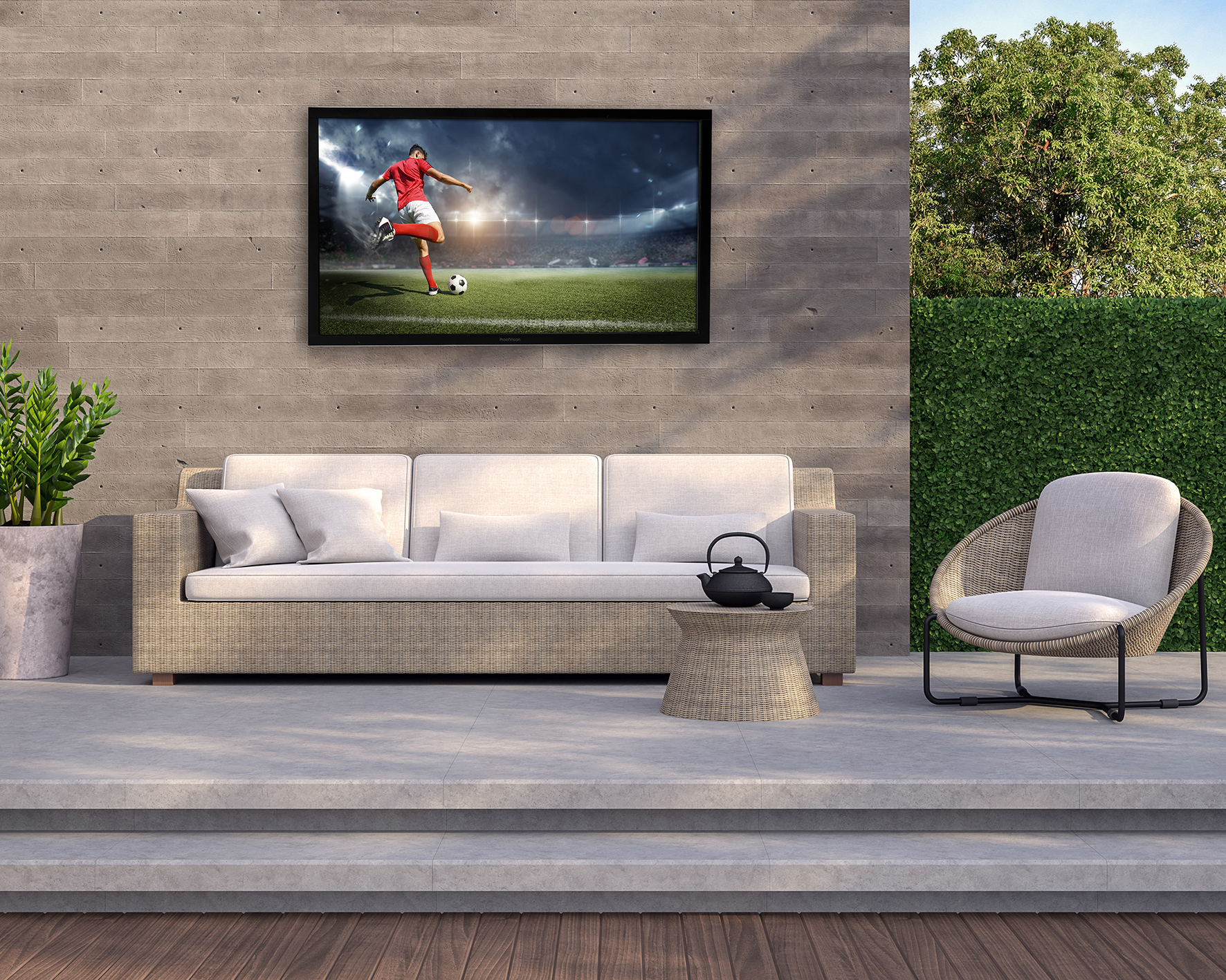
1. Consider the TV type
Choosing even the best standard 85 inch TV and fitting it on the garden wall is sadly not possible. A TV that will be fitted outdoors has to be able to withstand the elements, so you'll need a specialized TV that can survive the seasons and all the sun, rain, and frost.
'When selecting an outdoor TV, it is important to make sure it is IP66-rated, which signifies complete protection against dust, sand, moisture, and insects,' says Greg Howarth from home tech brand GLO.
'We would also be looking for the TV to have some sort of temperature management system so it operates correctly with heat from direct sunlight. With an IP66-rated TV, this can be left outside during the winter months. Generally, with our installations, we also allow for a cover for the TV to increase the lifespan of the panel.'
There are a number of companies you can find online that sell weatherproof TVs specifically designed for outdoors. Proofvision Smart Weatherproof TVs, for example, are fully sealed IP65 rated and suitable to be left outdoors all year round. They are tried and tested to withstand rain, shine, or frost. They also have temperature control systems that operate between -20 and up to 60 degrees Celsius. You can also buy a separate cover to place over the TV when you’re not using it.
2. Get the ideal TV screen size for your viewing position
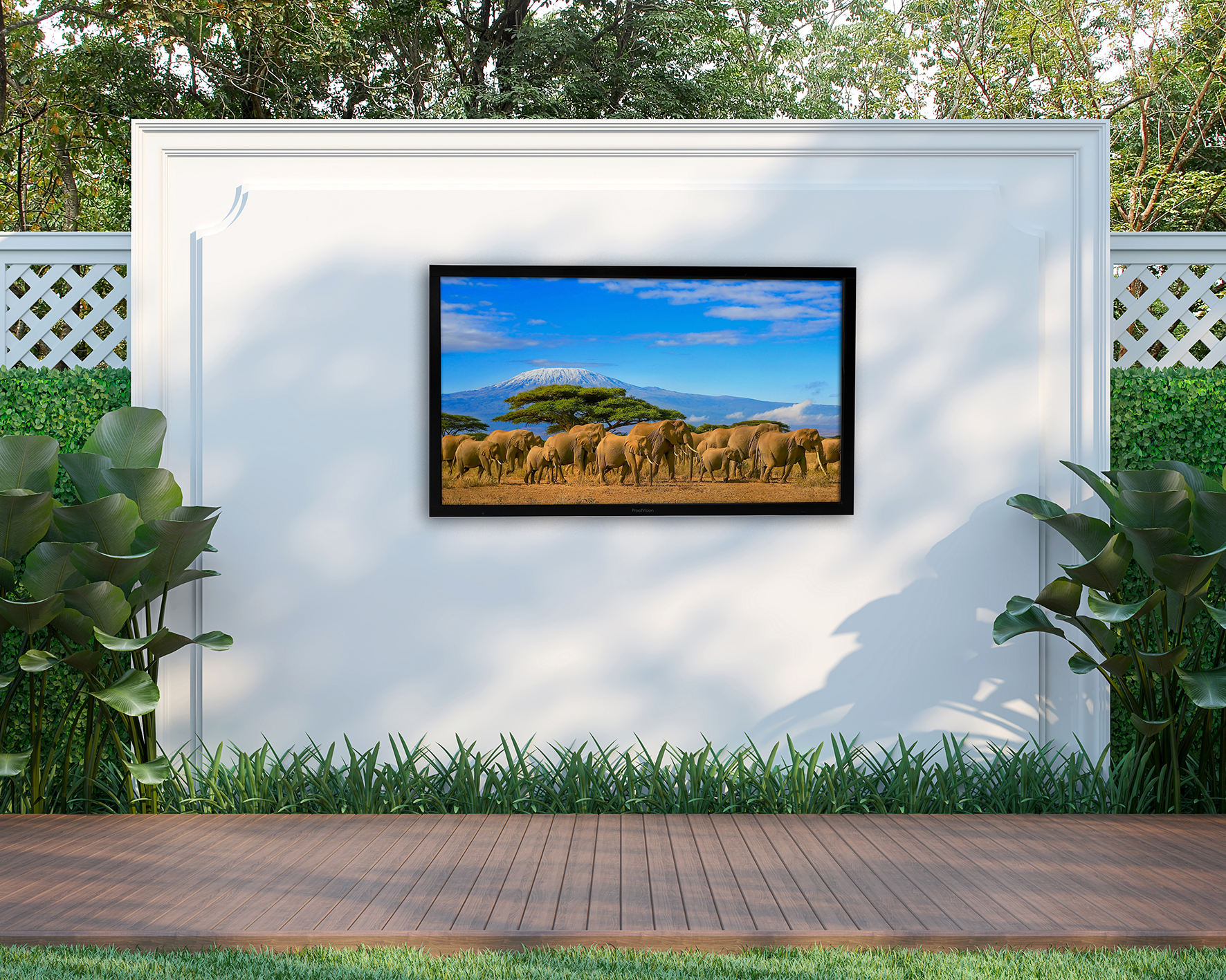
Regardless of whether you have a small patio area or an acre of land, it’s important to consider the TV screen size in relation to the area in which you wish to view it. ’55 inches is our most popular size and ideal for the average-sized garden,’ says William Utley from Proofvision.
We'd normally recommend a 40 inch TV for indoors, but outdoors, you need to go large. ‘The optimal viewing distance for any TV is 1.6 times the size of the TV, but you can still enjoy a good game of football on a 55-inch TV from a much further distance.’
3. Consider where to place your TV
Think about how your garden is set up and where you will hang your TV. Consider if you will give the TV a little protection under shelter or discreetly hide it ready to reveal when you have guests. Or perhaps you want to make a feature of it in your garden and place it on show for all to see 24/7. William Utley has noticed a trend for customers opening up ‘mini sports lounges’ in sheds - pimping the idea of the garden bar - and having their TV installed inside.
Meanwhile, Greg Howarth states that you can get as creative as you want when it comes to location - provided you have an expert installation team. ‘There are many different outdoor products that give a great deal of flexibility when it comes to where you place your TV,’ he says. ‘For example, we can wall mount it for all to see or provide a TV stand. Or we can place the TV in a marine-grade TV lift, so it is hidden when it isn’t in use and revealed when you want to view it.’
4. Think about glare and reflection
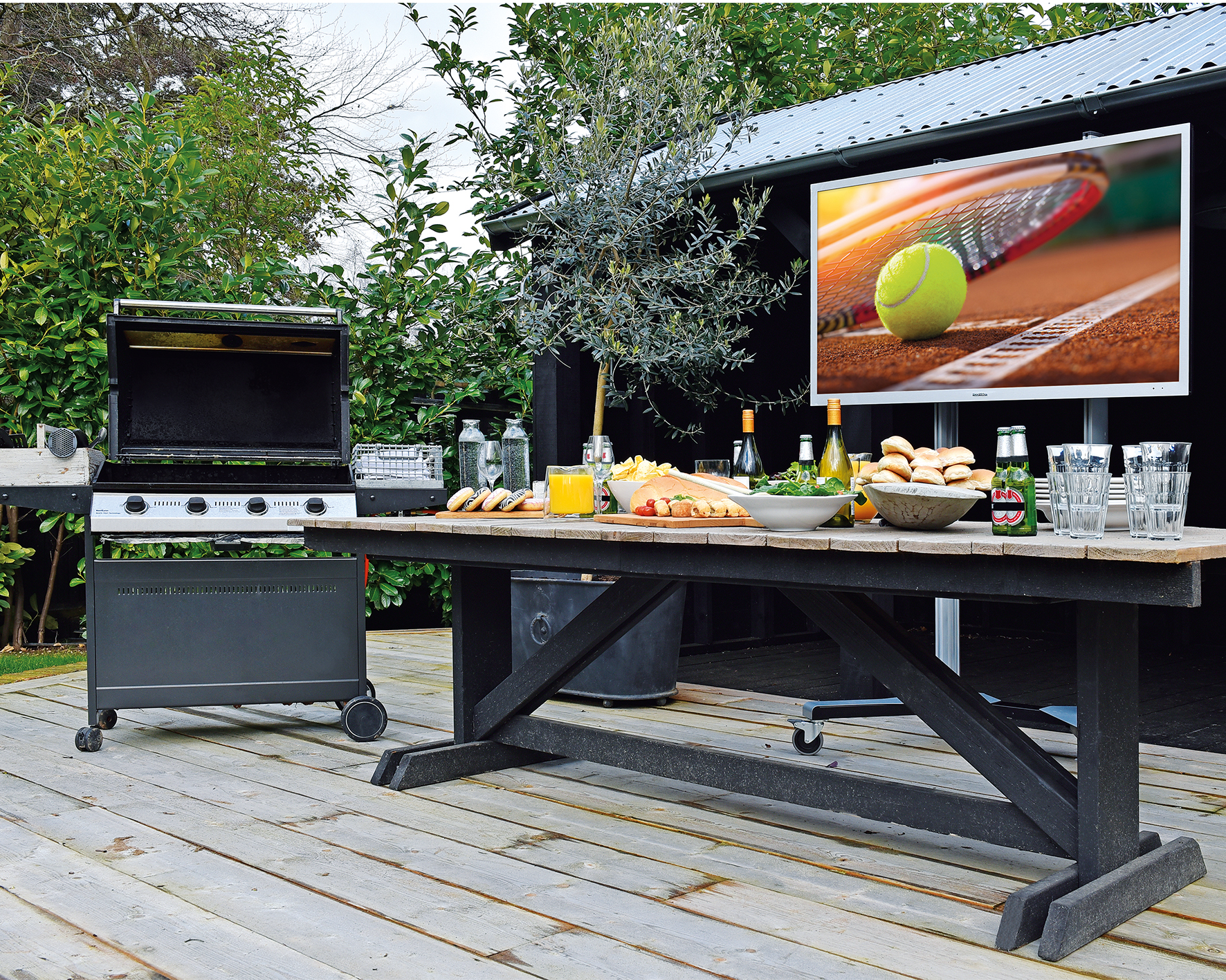
You’ll need to choose an outdoor TV with a higher brightness than an indoor TV, which makes them comfortable to view in direct sunlight. Greg Howarth also recommends designing your outdoor TV area so that the screen portion of the outdoor seating area is north-facing. You can stick your gas grill to the south side and have the perfect chill-out area.
‘Even if the TV specification allows for sufficient brightness to operate in direct sunlight, it is good practice to try and minimize this,’ he says. ‘Not having direct sunlight on the screen at key moments during the day (such as during a sporting event) gives you better results. The TV specification again plays an important role here in making sure it is bright enough (NITS) and that it has an ambient light rejection material on the viewing area.’
An outdoor TV from the likes of Proofvision is up to 500cd/sq foot, which is five times bright than most indoor TVs. They also come with an anti-glare screen to minimize reflection that would spoil the viewing experience.
5. Assess the proximity to the outdoor cooking area
You’ll need to consider how near your TV is to other elements in your outdoor kitchen area – such as the barbecue or pizza oven. For example, you won’t want the BBQ's smoke affecting your viewing. Placing your TV a meter or two away from the cooking area is a sensible distance.
‘The TV can be close to the cooking area as the center point of the space,’ says Greg Howarth. ‘We have designed spaces where there are multiple TVs in one outdoor area - one is the main larger area, and the other is a smaller ‘sports bar’ type set up near the cooking or bar area. Providing the specification of the TV is correct, it generally won’t be affected by smoke from a BBQ.’
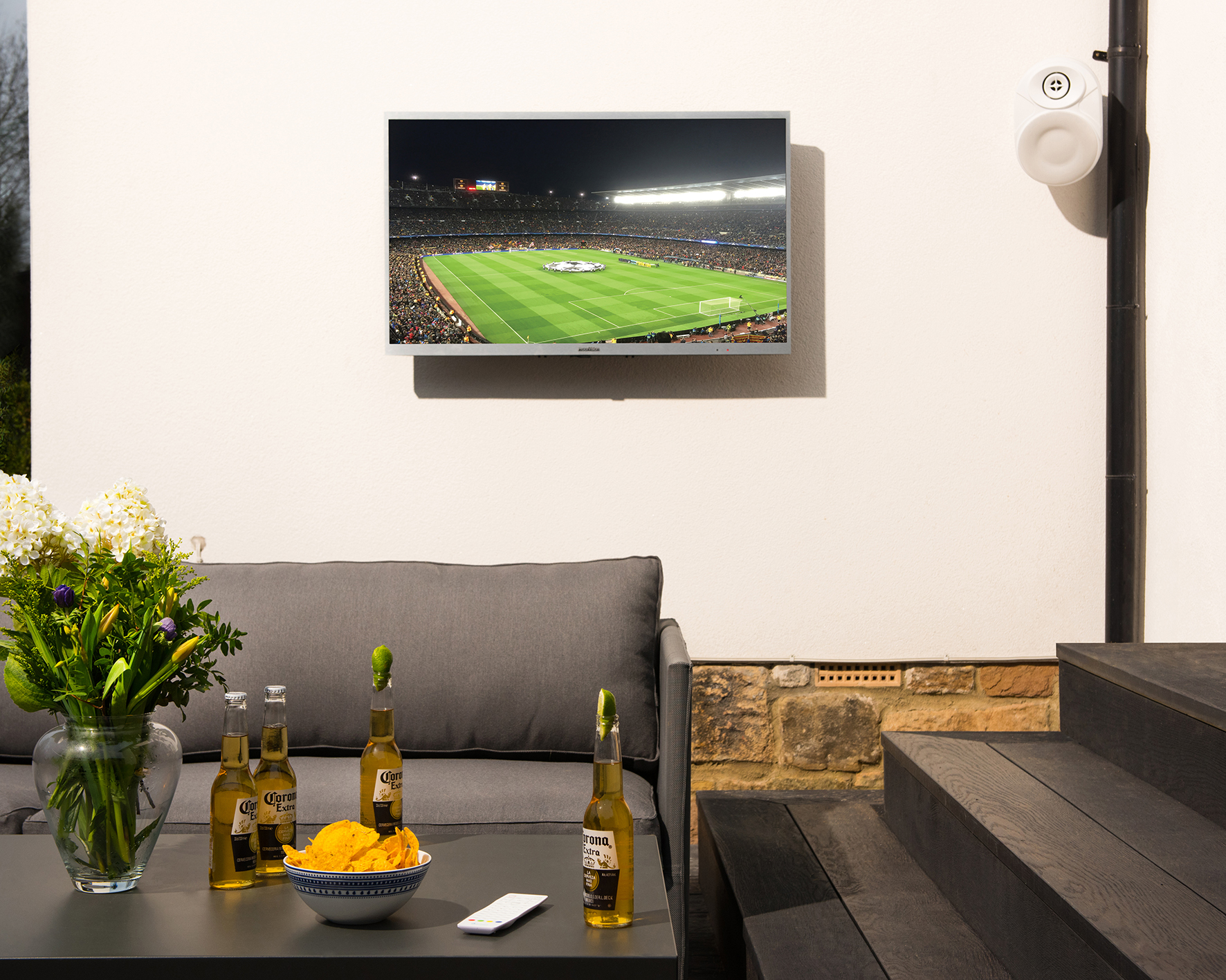
6. Attach your TV on the right surface
You'll need to find a strong wall that can hold the outdoor TV in place, and a brick wall or fixed wooden structure are common options. William Utley suggests that a wooden pergola can sometimes have the screen mounted on the beams if they are thick enough to fit a wall bracket.
Greg Howarth also stresses the importance of mounting your TV onto a secure structure. 'Providing the safety bolts on the brackets are correctly implemented, then brick and strong wood structures will be more than sturdy enough in bad weather conditions,' he says. 'I think, where possible, it's always a good idea to design the TV space so it has cover. A common setup is a wooden case with doors that can be closed over the top of the TV when not in use or the space is out of season.'
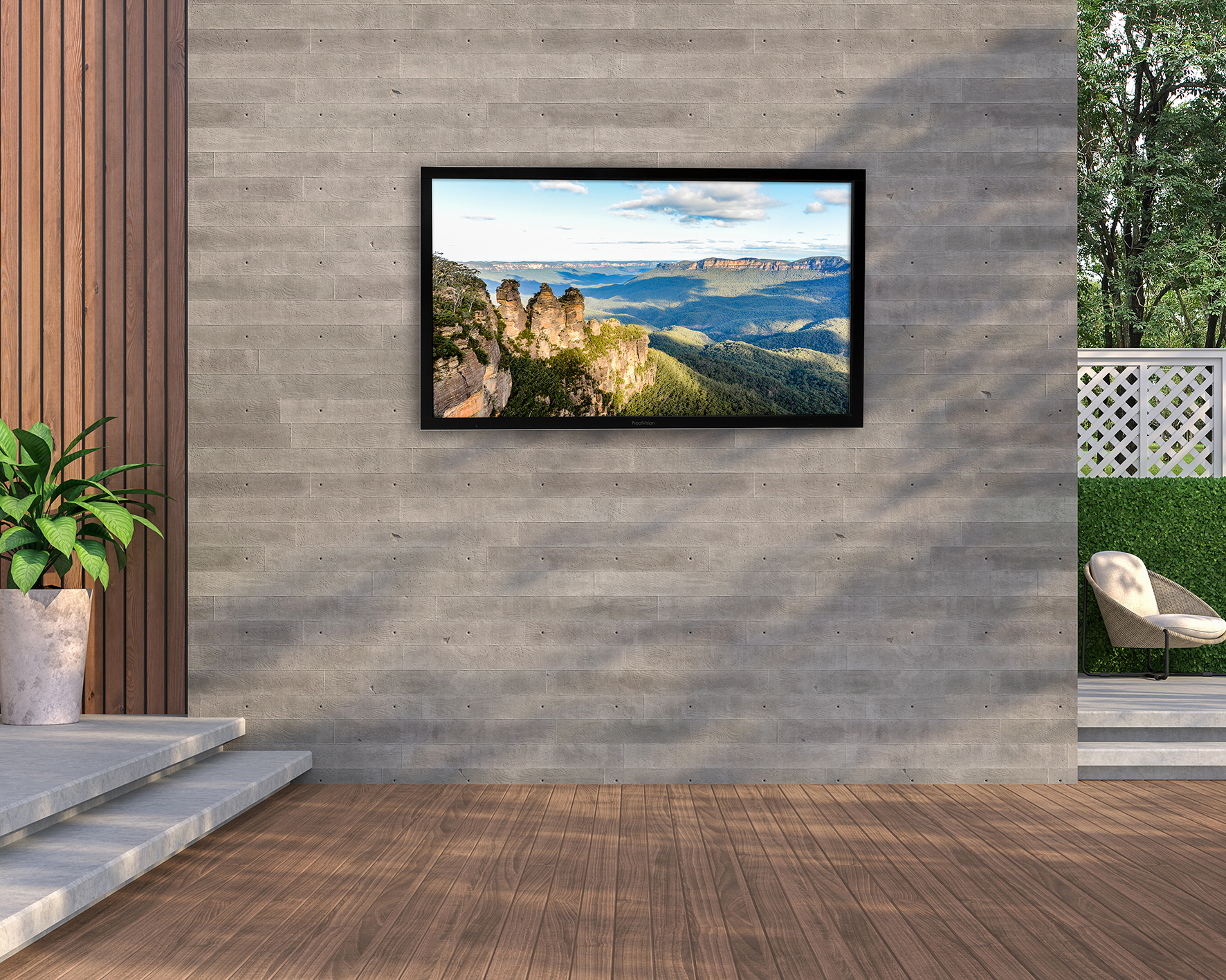
7. Consider wiring and connection
You’ll need to ensure the best outdoor grade cabling, armored or in armored Kopex (cable cover) if exposed.
‘This will need a video source cable and a power cable,’ says Greg Howarth. ‘You'll need HDMI to a sky box or ethernet wiring and options to external speakers. I recommend using a professional electrician who will work to the best practice outlined above.’
To get your internet connection to your Smart waterproof TV, so you can watch Netflix, BBC iPlayer, Amazon Prime, and like, you’ll need an option for WiFi or Ethernet that is cabled. The wireless access point or signal boosters are best for extending the WiFi signal to the garden.
Also, look for convenient extras such as an IP65 rate waterproof remote control that can also be left outside in all weather. As ever, we like to think about the fully automated home here at Livingetc, and a TV with Smart Home Automation technology means you can link it to Control 4, Cestron, and ELAN so it can work as part of a complete smart-home setup and controlled via an app or central control panel.
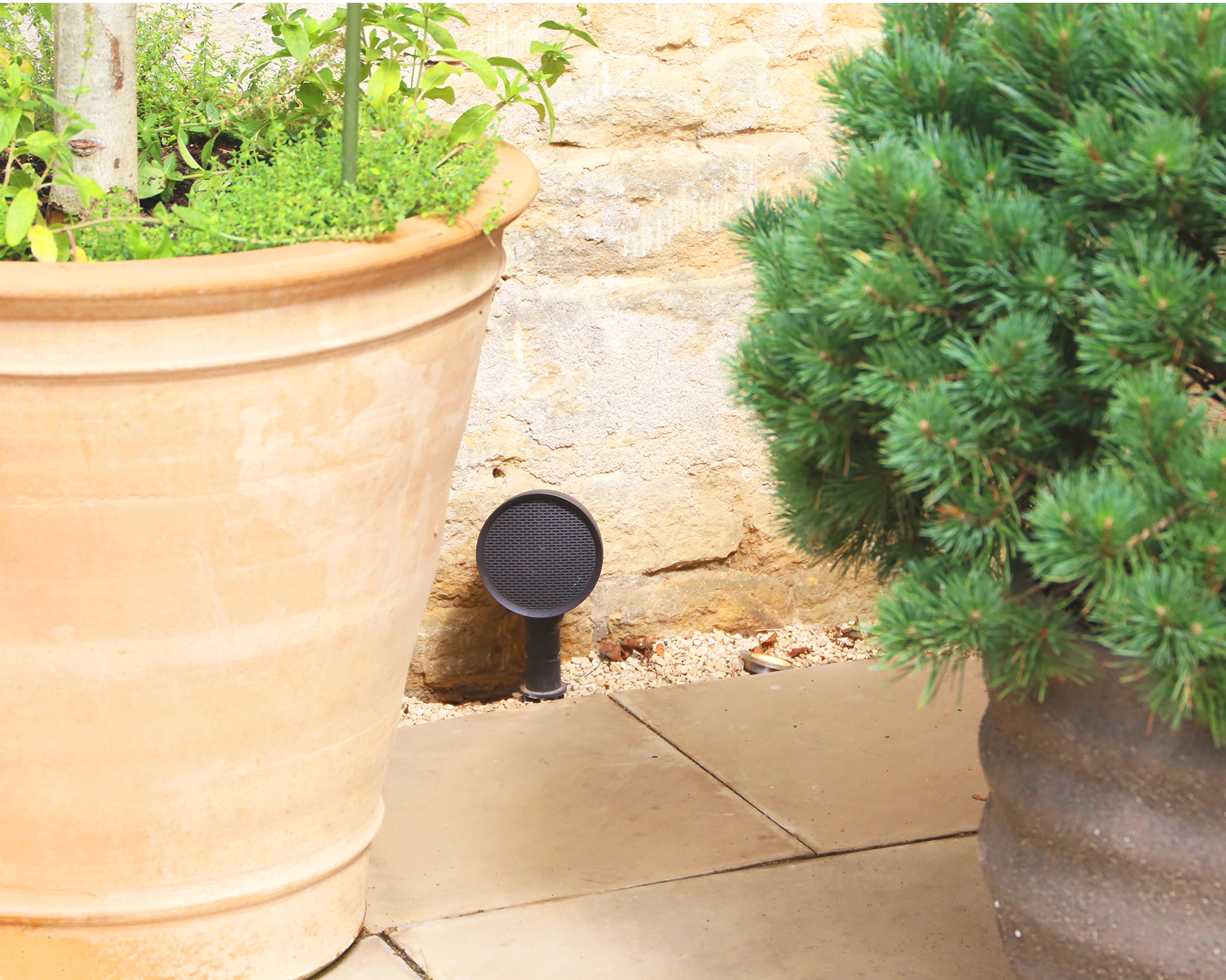
8. Get the best sound for your TV
Think about how the sound will travel from your TV. If your outdoor living area is large, your setup will benefit from extra speakers. Some smart speakers can be mounted to the wall, but ground soil speakers are also popular.
‘There are many options for speakers from weatherproof soundbars to full landscaping speaker systems,' says Greg Howarth. 'If you just want to hear ‘TV sound’, then the soundbar design works really well as a simple enhancement of the TV.
'If you want to listen to music and potentially hear the TV over the whole garden - football commentary being a common use case - then we would look at a landscaping speaker package that can be scaled to any size garden.' Any of the best outdoor speakers will help you get the audio you need.
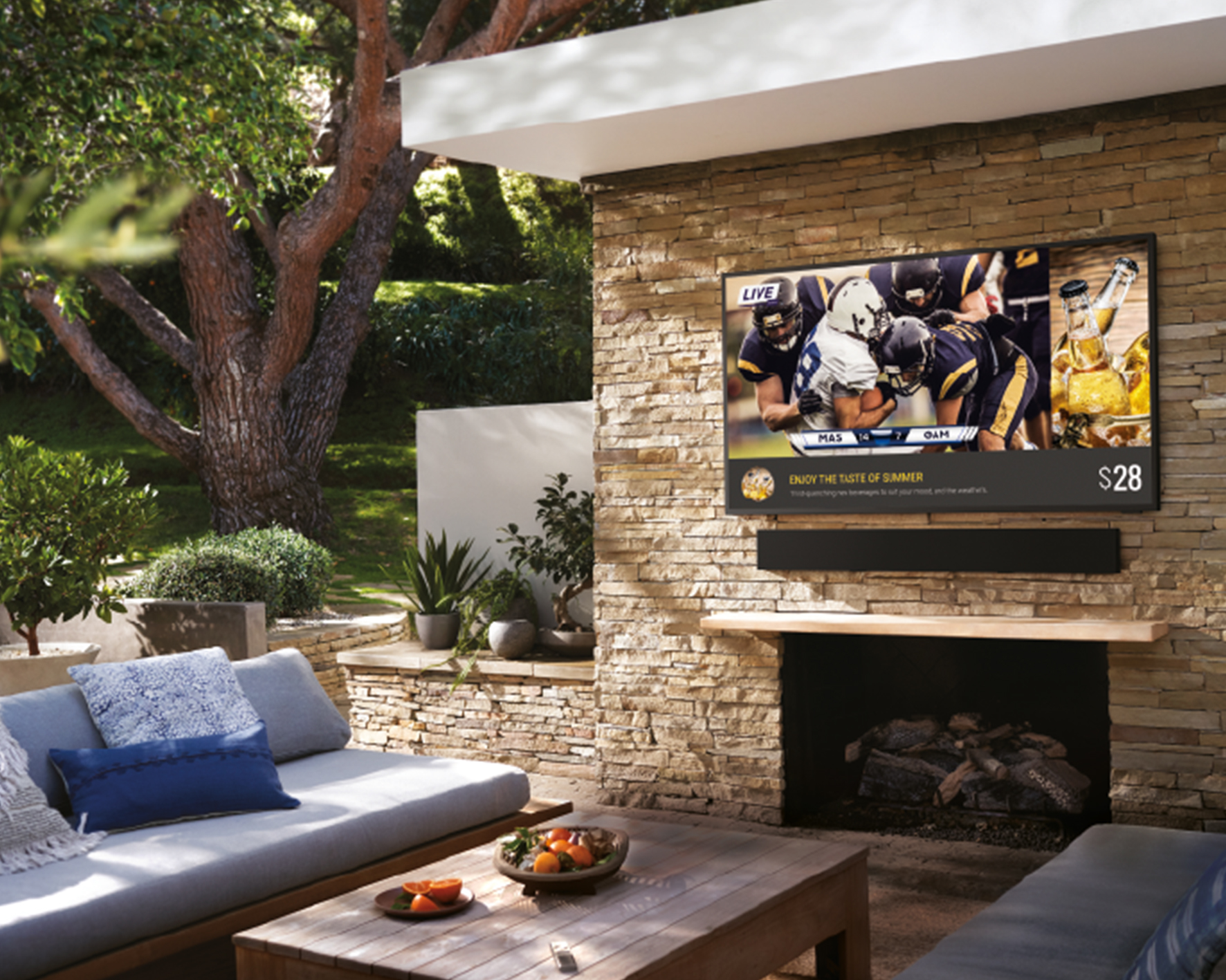
How do I design an outdoor living space with a garden TV?
Greg Howarth from GLO has seen the popularity of the 'Outside Living Room’ grow in recent years. ‘Many of our clients come to us wanting to create a garden area with the same layout as what they've used for their living room TV,' he says. 'This is generally enclosed and sunken with the focus around a centralized heat source.
‘The TV position is like the living room in a modern home and is wall mounted on a feature wall or concealed within architecture with motorized activation. We will then couple this with landscaping speakers that blend into the bedding plants that enclose the space. The specification and performance of these products are key.
‘When working with external spaces for AV, you are dealing with a lot more ambient light and a lot less acoustic isolation. So using TVs with a high nit (brightness) and speakers that can be focused to the clients seating position is key.’
Be The First To Know
The Livingetc newsletters are your inside source for what’s shaping interiors now - and what’s next. Discover trend forecasts, smart style ideas, and curated shopping inspiration that brings design to life. Subscribe today and stay ahead of the curve.
One of the UK's most respected tech and smart homes writers, Emily Peck also covers everything from interiors style to decorating trends. She is a contributor to Wired UK, and has also had a column in House Beautiful. She has written for publications such as Grand Designs, Stylist, Shortlist, Woman&Home, BBC, Ideal Home and House & Garden. She was once the Features Editor of Ideal Home.
-
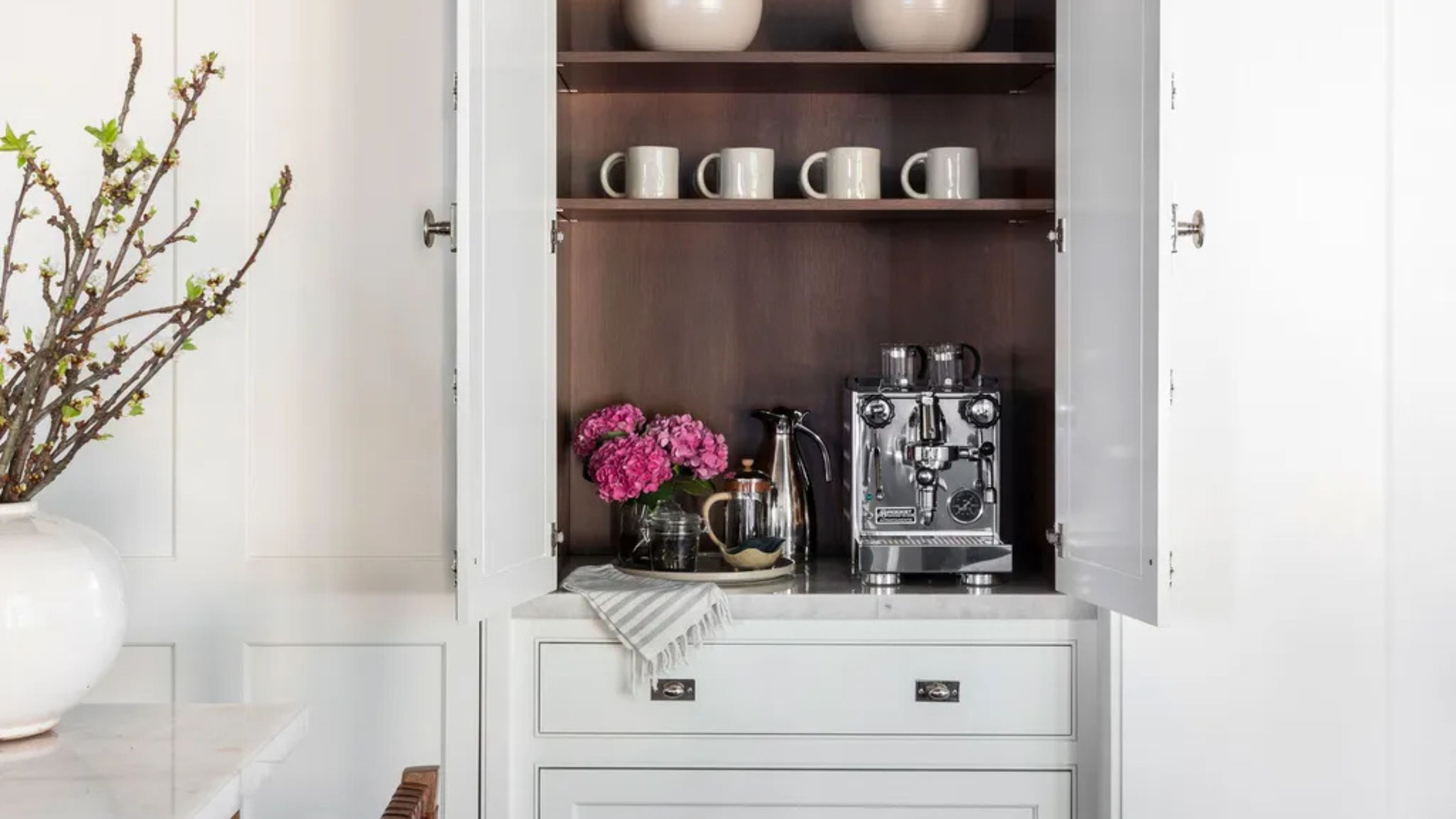 Turns Out the Coolest New Café is Actually In Your Kitchen — Here's How to Steal the Style of TikTok's Latest Trend
Turns Out the Coolest New Café is Actually In Your Kitchen — Here's How to Steal the Style of TikTok's Latest TrendGoodbye, over-priced lattes. Hello, home-brewed coffee with friends. TikTok's 'Home Cafe' trend brings stylish cafe culture into the comfort of your own home
By Devin Toolen Published
-
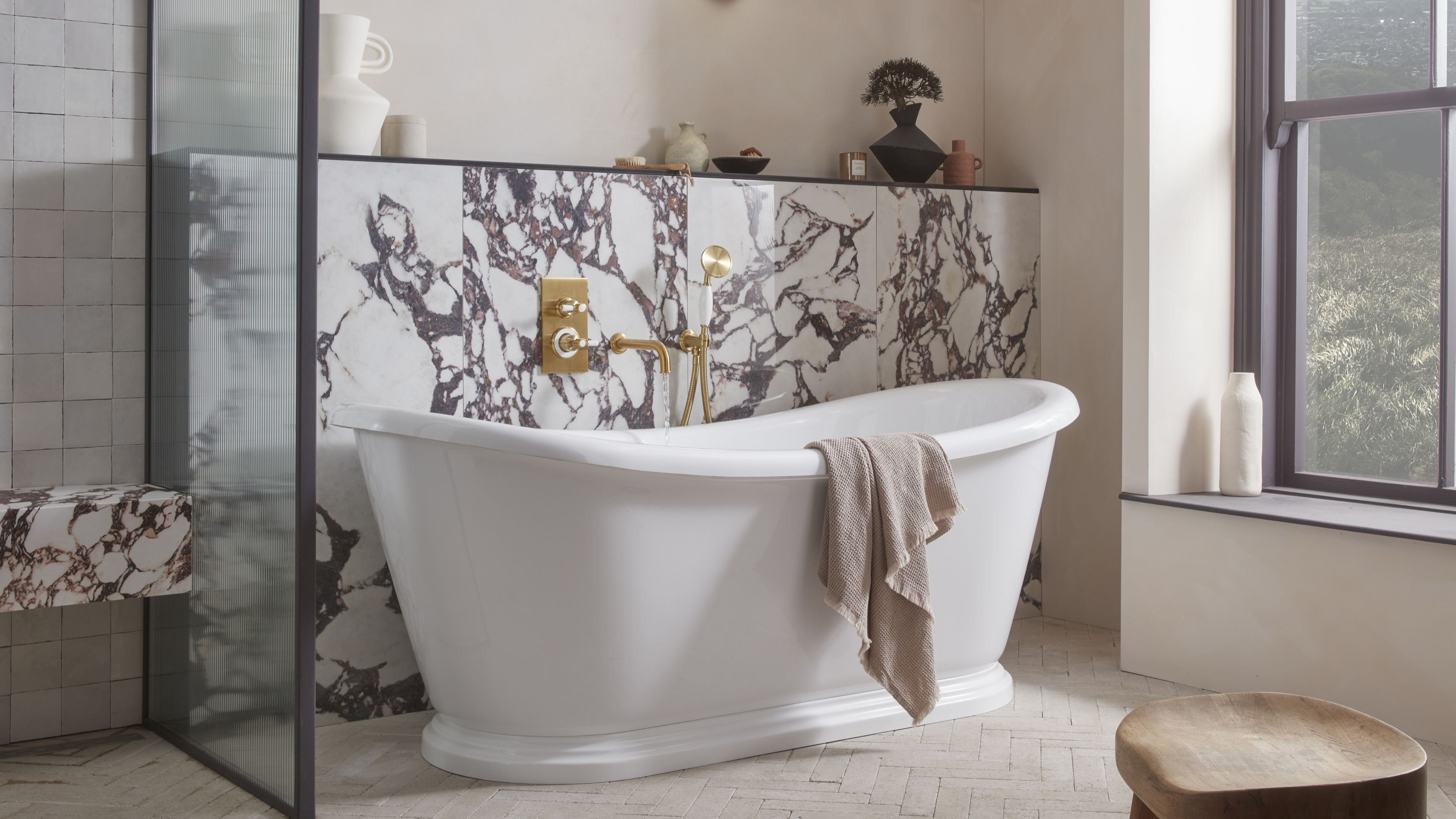 5 Bathroom Layouts That Look Dated in 2025 — Plus the Alternatives Designers Use Instead for a More Contemporary Space
5 Bathroom Layouts That Look Dated in 2025 — Plus the Alternatives Designers Use Instead for a More Contemporary SpaceFor a bathroom that feels in line with the times, avoid these layouts and be more intentional with the placement and positioning of your features and fixtures
By Lilith Hudson Published
-
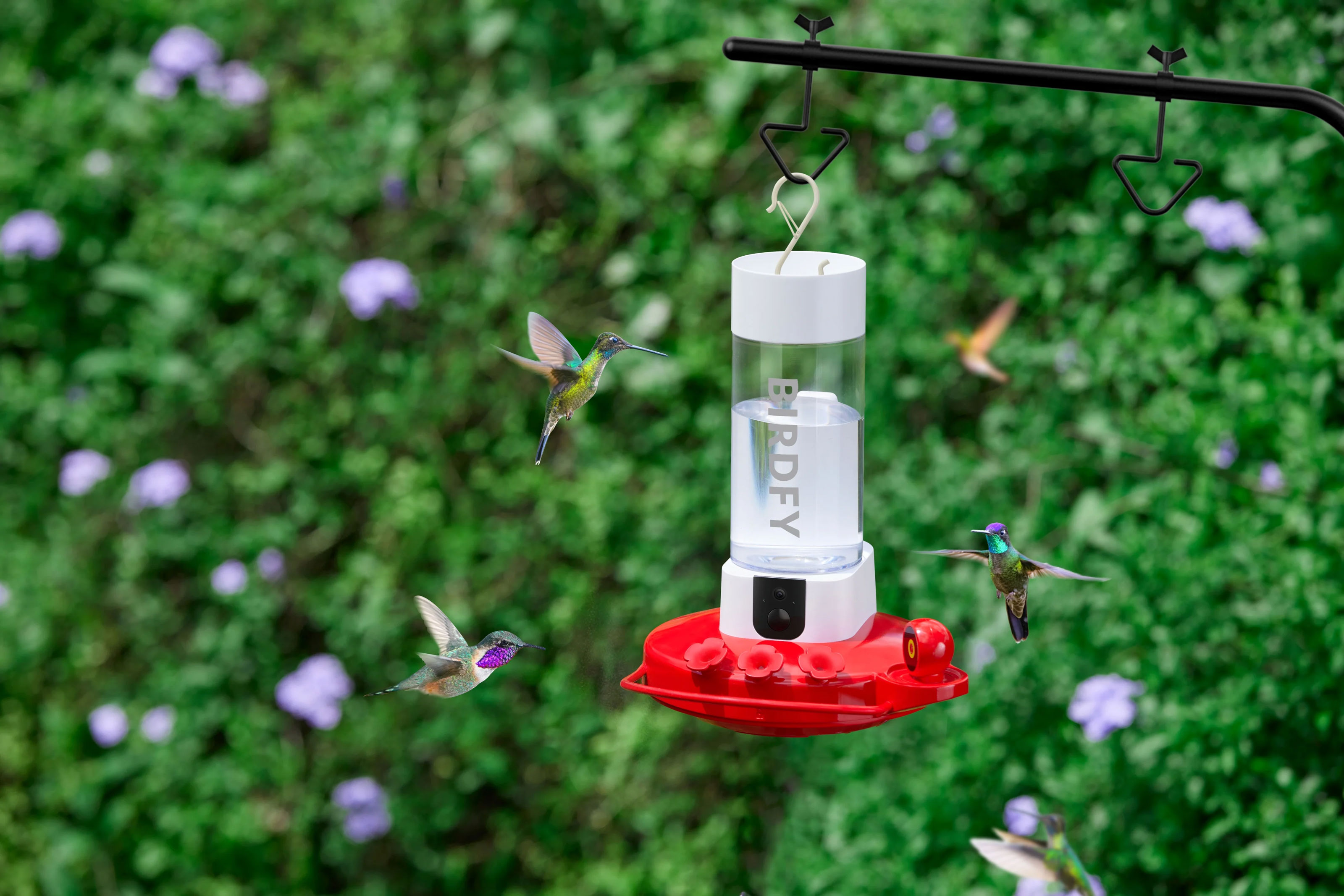 Reviewers Say These Hummingbird Camera Feeders Are the Best Ones Right Now — And They're All on Sale
Reviewers Say These Hummingbird Camera Feeders Are the Best Ones Right Now — And They're All on SaleI've spent ages reading all the reviews for smart hummingbird feeders so you don't have to... Here are the top-rated options
By Hugh Metcalf Published
-
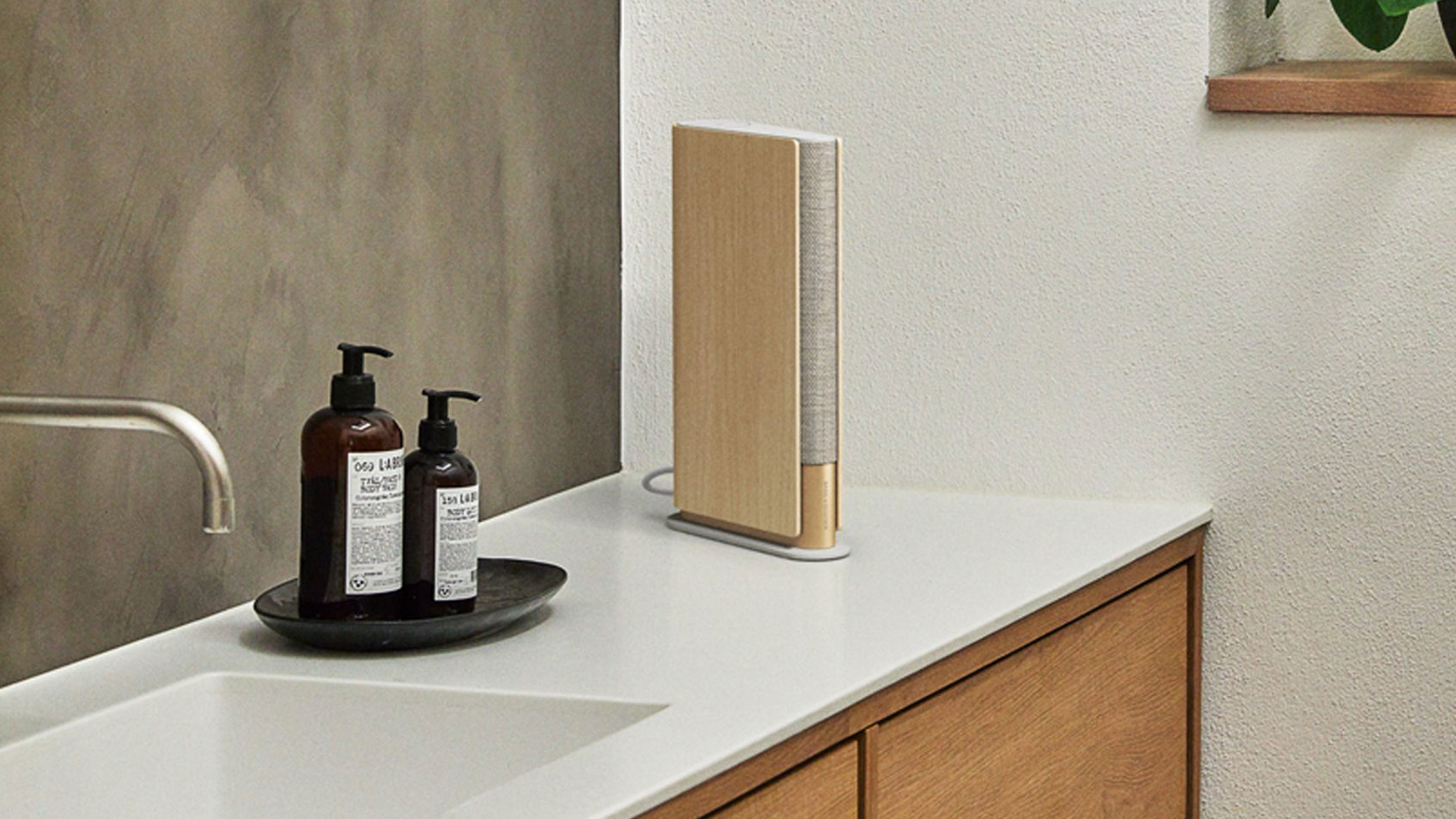 This Interior Stylist Has Picked the Most Aesthetic Home Tech Products of the Moment — 'No More Tech Eyesores!'
This Interior Stylist Has Picked the Most Aesthetic Home Tech Products of the Moment — 'No More Tech Eyesores!'If you think making your home smarter means filling it with ugly gadgets, think again. There's a growing number of pleasingly aesthetic choices out there, says this stylist
By Luke Arthur Wells Published
-
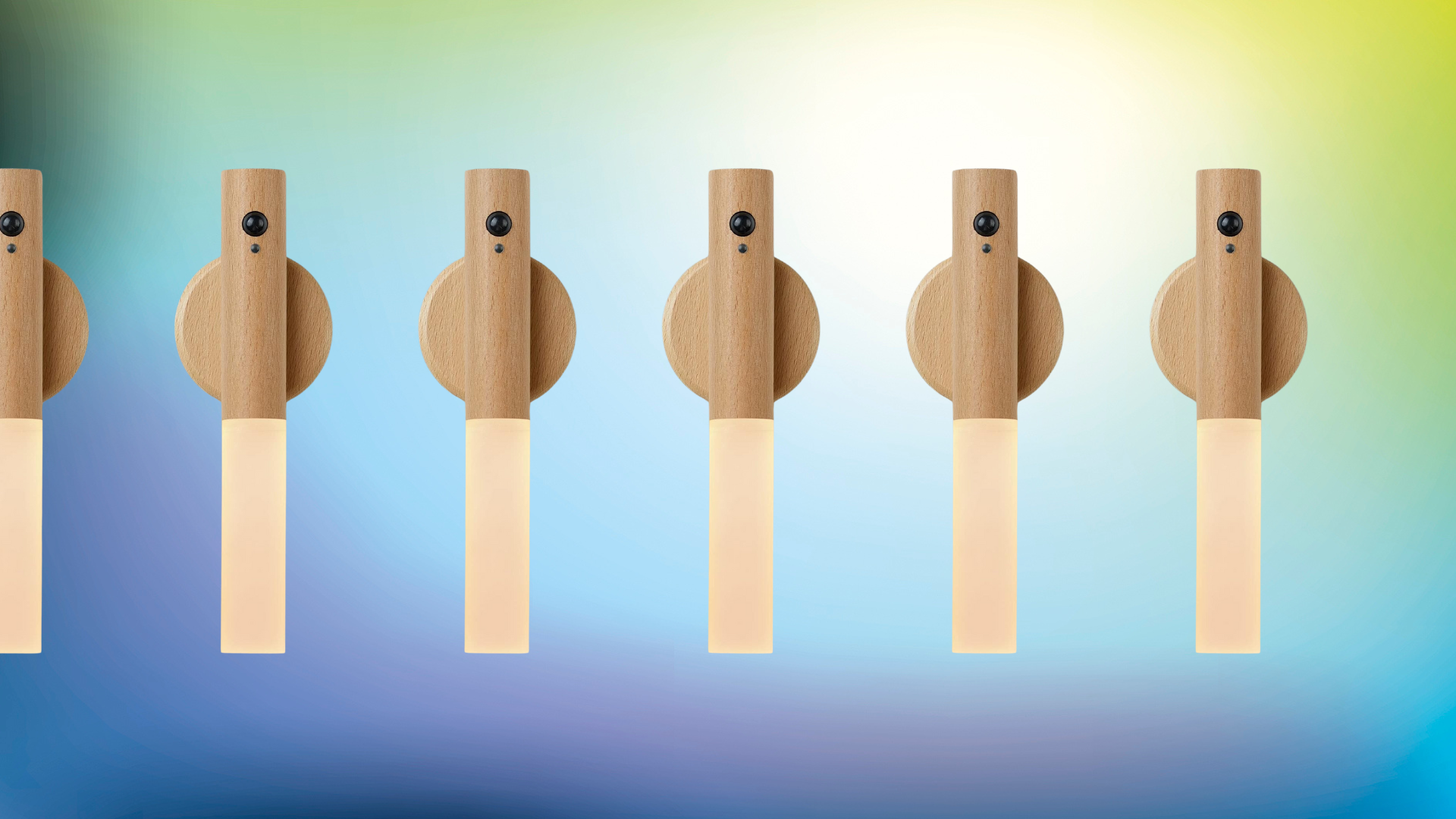 These Viral $40 Lights Make Your Home Easier to Live In — And They're Pretty Chic, Too
These Viral $40 Lights Make Your Home Easier to Live In — And They're Pretty Chic, TooThese Scandi-inspired wall sconces are the lighting solution you didn't know you needed. I'm so taken by them!
By Brigid Kennedy Published
-
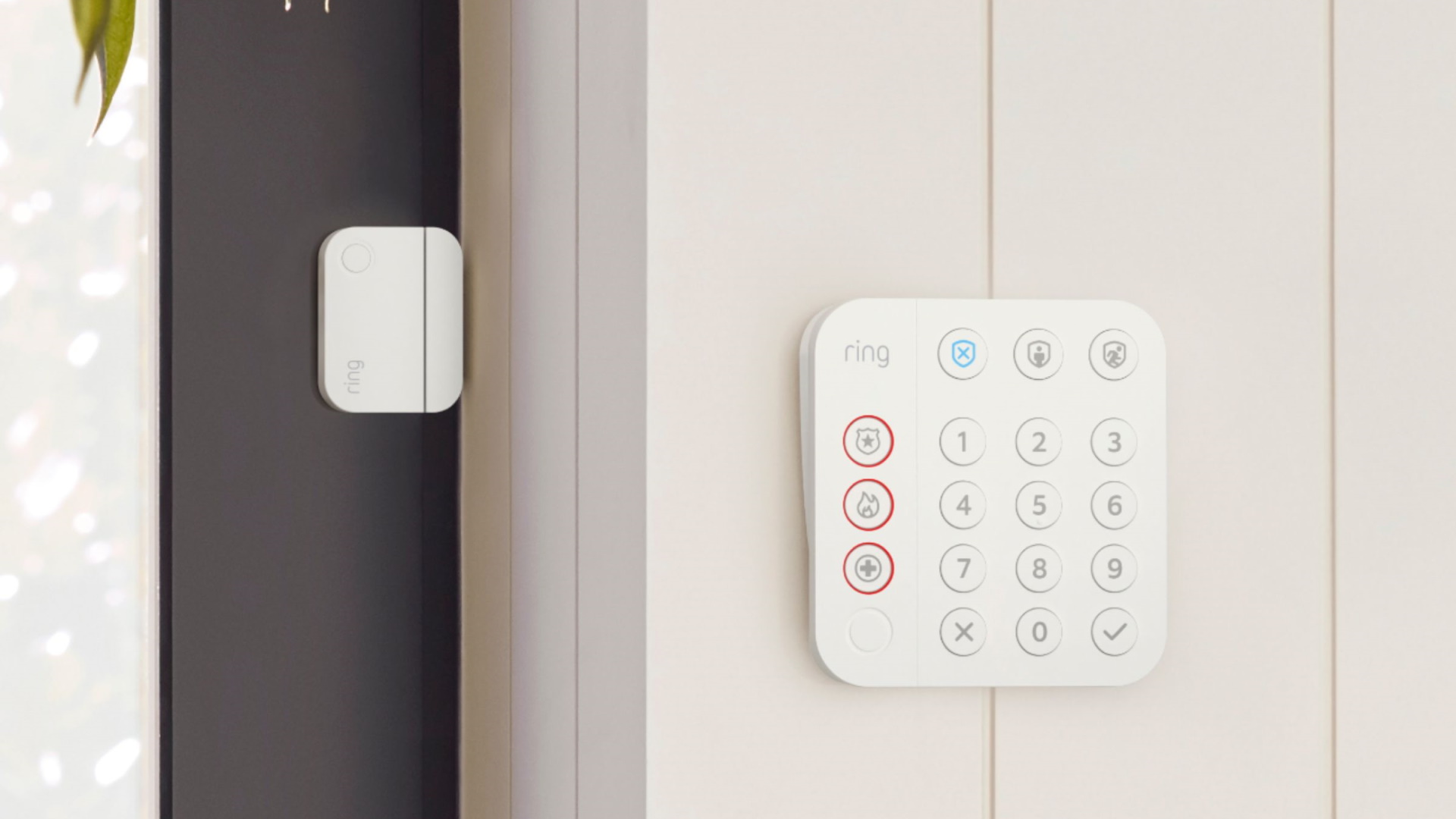 Ring Alarm System (2nd Gen) review: the brand's made-over kit is still a winner
Ring Alarm System (2nd Gen) review: the brand's made-over kit is still a winnerWe tested the Ring Alarm System 5-Piece Kit to see if it could make home security simpler for the average user, and how it may have improved on the first gen system.
By Caroline Preece Published
-
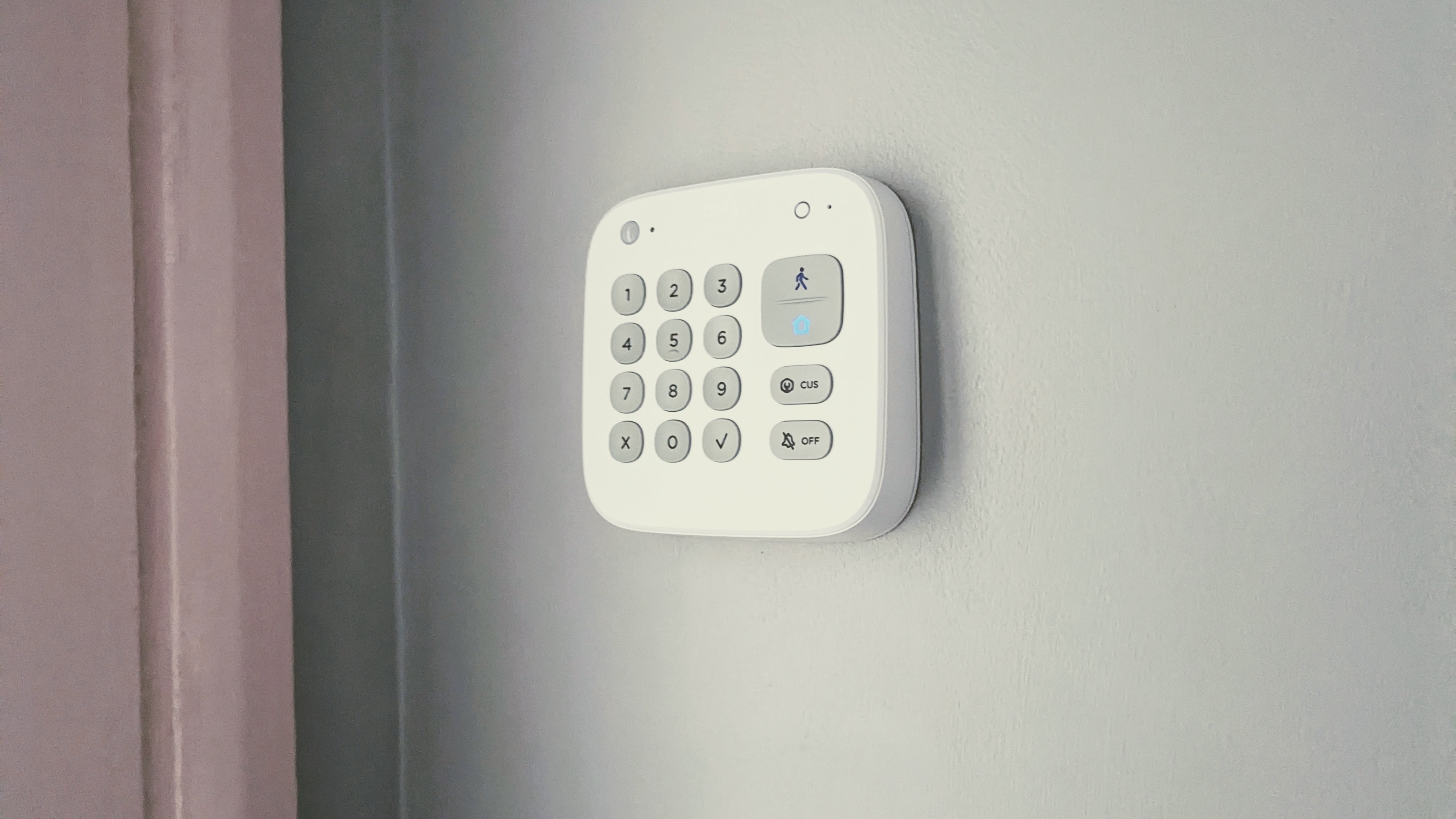 eufy Home Alarm Kit review: a simple but effective way to keep your home safe
eufy Home Alarm Kit review: a simple but effective way to keep your home safeThe eufy Home Alarm Kit has all of the basics on paper, but we wanted to test it out on our own home to see how easy it is to set up and use.
By Caroline Preece Published
-
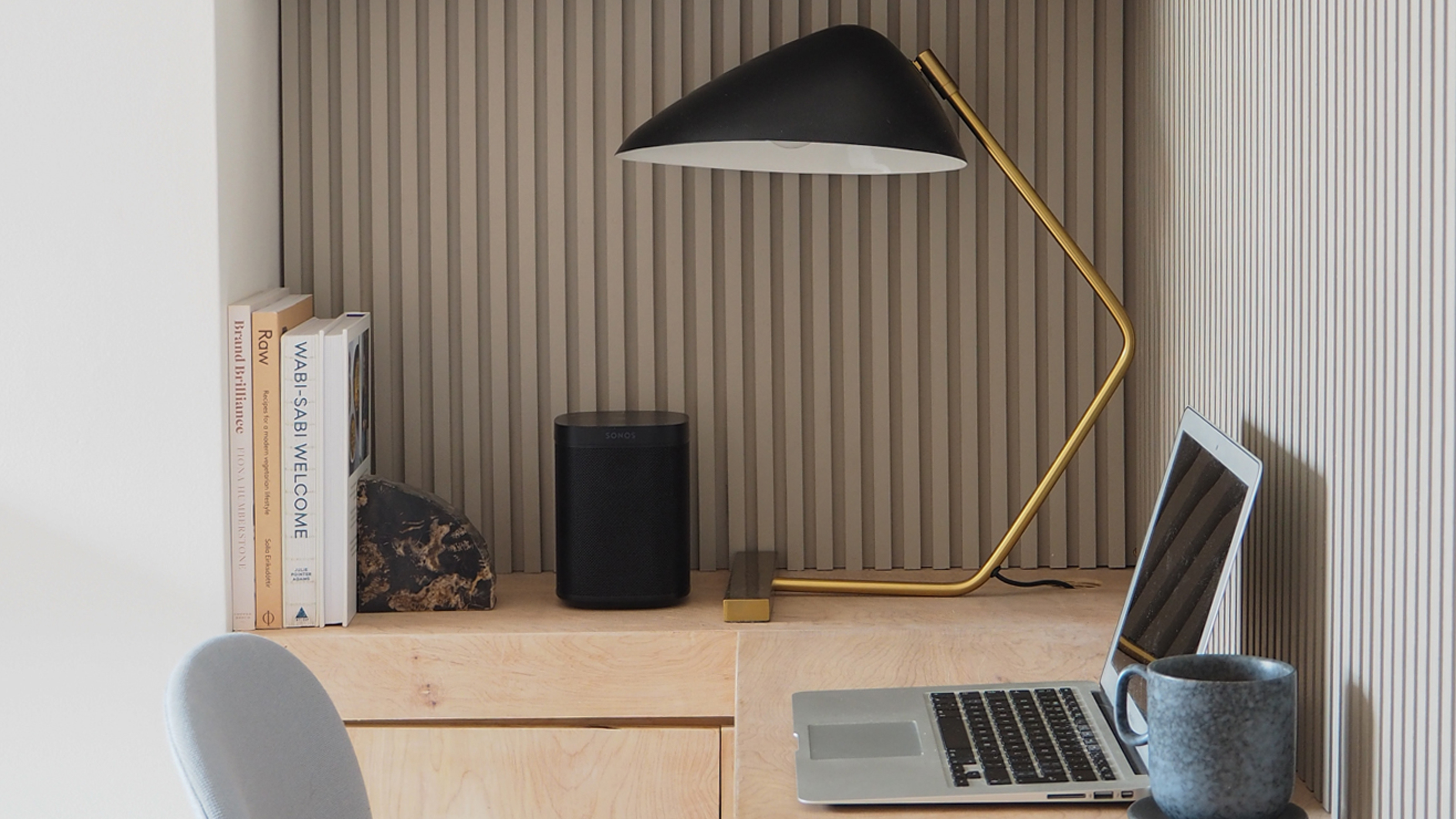 HomePod mini vs Sonos One: two high-end smart home hubs, but which is the better speaker?
HomePod mini vs Sonos One: two high-end smart home hubs, but which is the better speaker?We take a look at the HomePod mini and Sonos One, both of which sit at the higher end of the smart speaker market.
By Caroline Preece Published
-
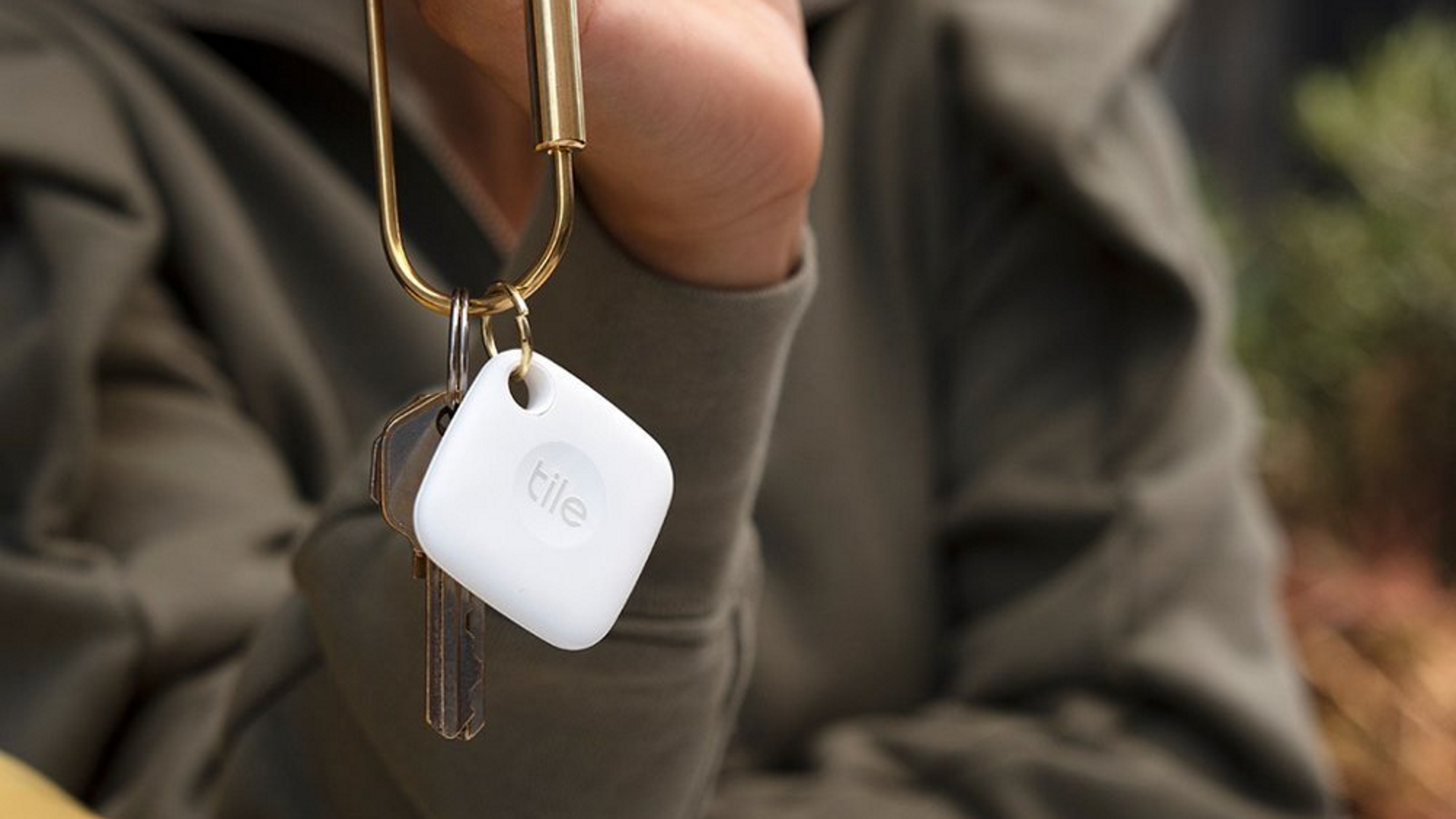 AirTags vs Tile: which Bluetooth tracker is best to help a case of constantly misplaced keys?
AirTags vs Tile: which Bluetooth tracker is best to help a case of constantly misplaced keys?If you're tired of losing your items, either around the house or outside, then Bluetooth trackers are a lifesaver - but which is best?
By Caroline Preece Published
-
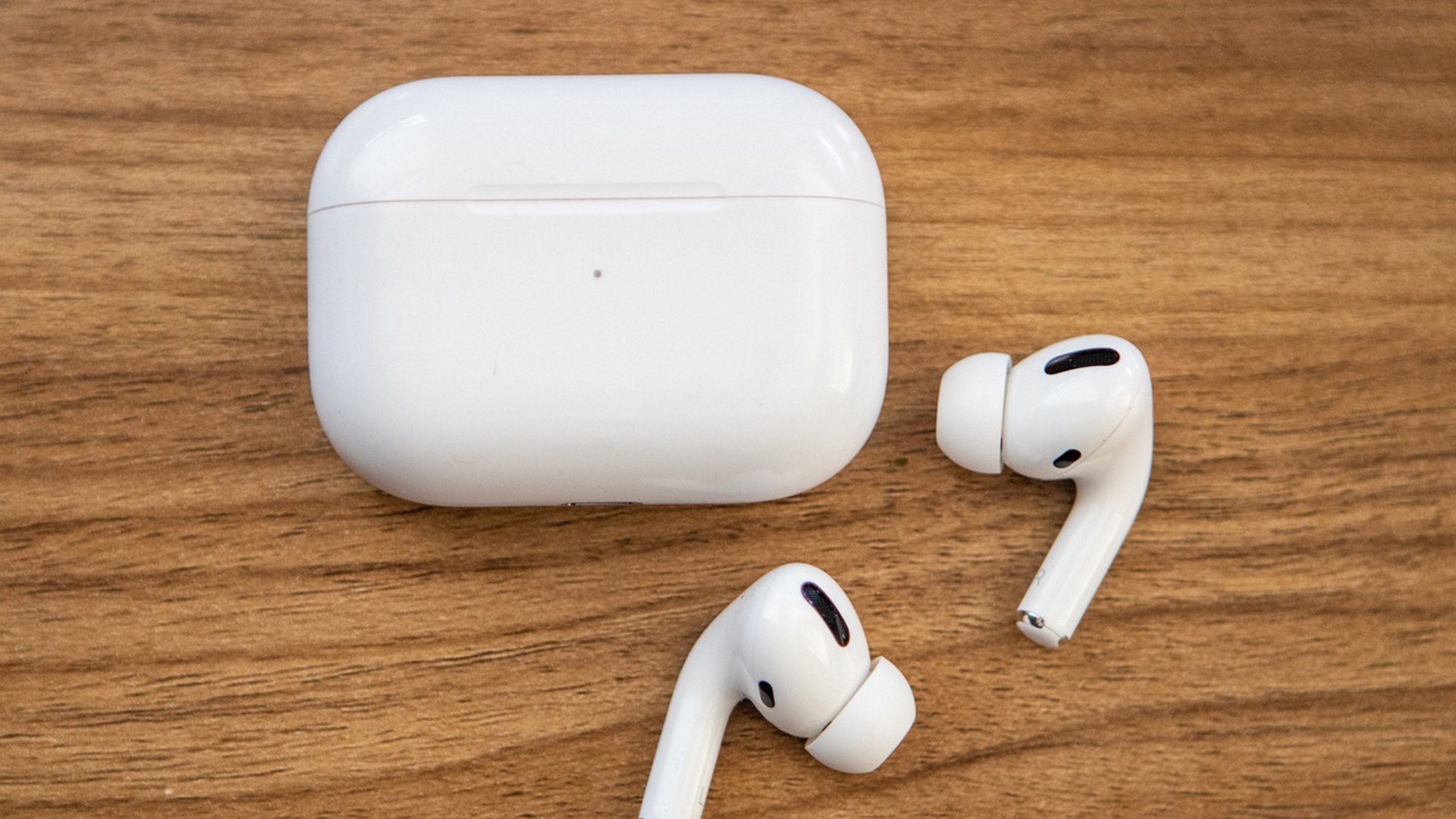 Sony WF-C500 vs Airpods: are the budget earbuds a worthy competitor to Apple?
Sony WF-C500 vs Airpods: are the budget earbuds a worthy competitor to Apple?Sony's affordable earbuds get the thumbs up from us, but how do their compare with Apple's AirPods?
By Caroline Preece Last updated